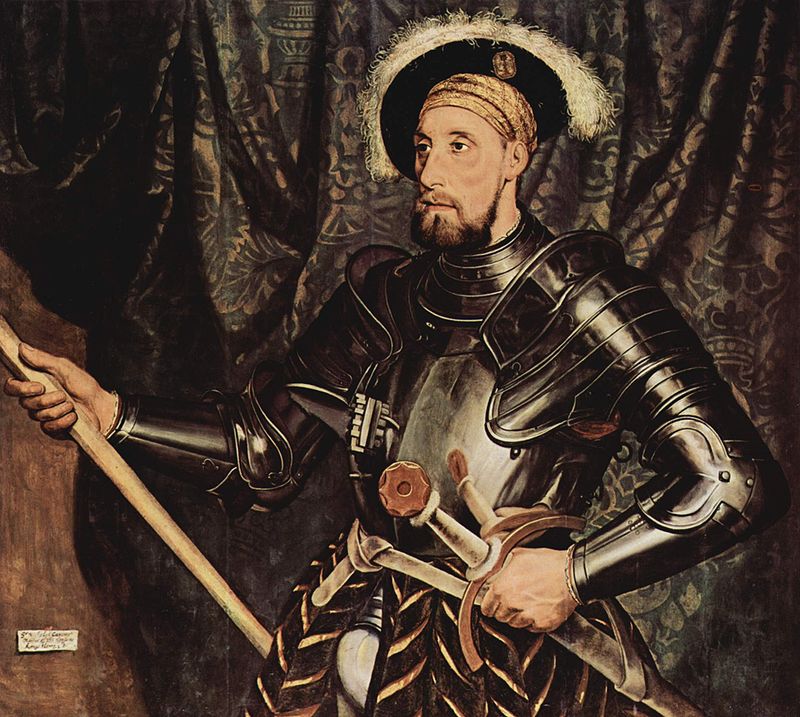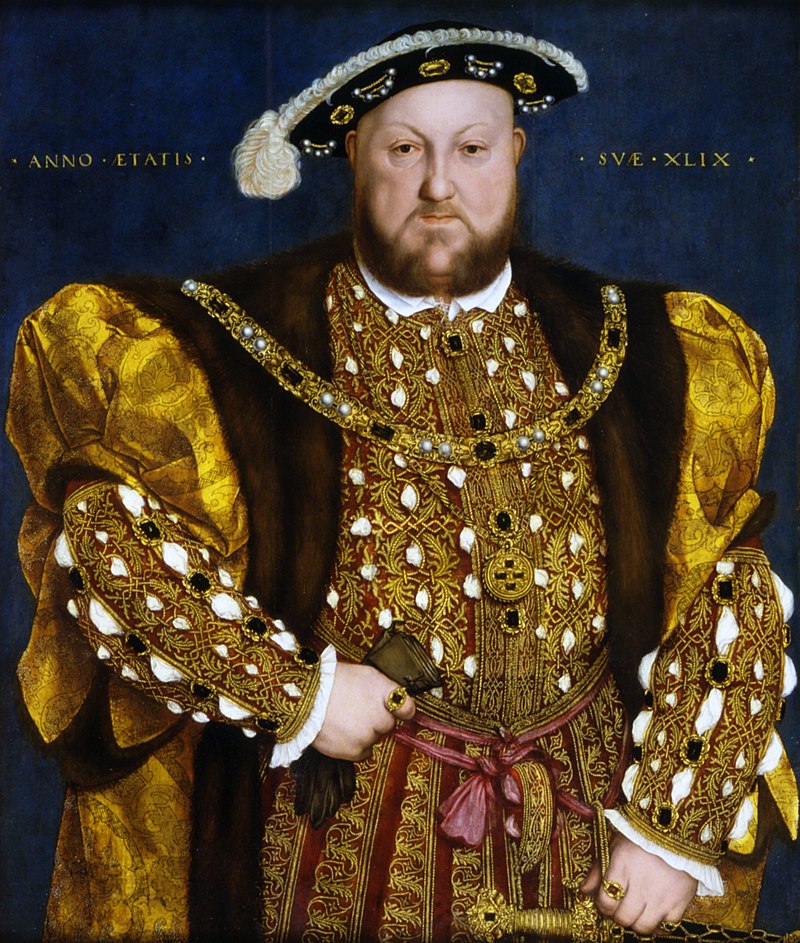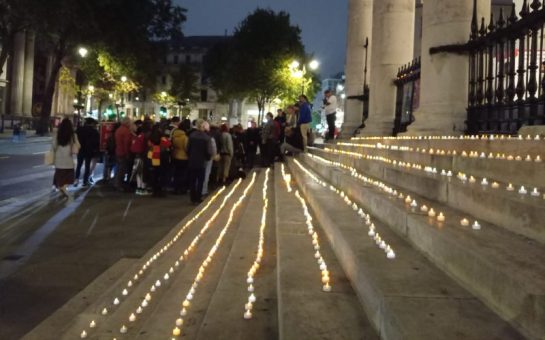A local historian revived memories of the long-forgotten noblemen of Sutton in a lecture for Sutton’s Honeywood Museum yesterday.
John Phillips spoke about the 16th century aristocratic Beddington Carew family with Nicholas Carew being one of Henry VIII’s favourite drinking pals until he was beheaded for treason.
The family managed to keep their great estate until the 19th century when their habits finally led to total bankruptcy.

Carew was a self-avowed ‘reprobate’ and a major courtier during Henry VIII reign.
Speaking on Carew for the Honeywood Museum, Phillips said: “He was one of Henry’s hunting and boozing companions.
“Being the crony of a Tudor king was an extremely profitable occupation.”
Carew did not keep his newfound fortune for very long however, as he ended up on the wrong side of court politics and was beheaded in 1539.

The Carew family estate in Beddington, Sutton was taken away by Henry VIII but was eventually given back to the family with Francis Carew being its recipient.
His niece was married to the famous pirate, Sir Walter Raleigh, whose decapitated body was originally meant to have been buried in the Carew family crypt after his execution in 1618.
The Carew’s were passionate hunters and wasted vast amounts of useful agricultural land on their hobby.
Phillips said: “A huge chunk of the Beddington parish was just set aside as the hunting park for the Carews and that must have reduced massively the amount of farmland in the borough.”
When Francis Carew died in 1611 his estate was split, and his successors were not nearly as rich as the Tudor Carews.
Throughout the whole of the 18th century Mr Phillips said that there were wasters in charge dissipating the money.

The estate was inherited in the mid-19th century by a Carew who was very fond of horse racing.
Speaking on the final chapter of the Carew story, Phillips said: “It ends predictably in his bankruptcy and the estate being sold off. The house then became an orphanage.”




